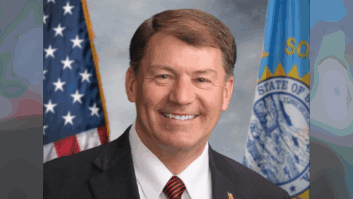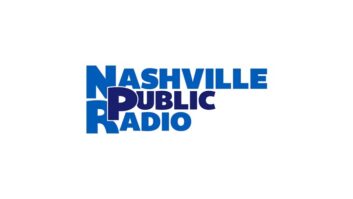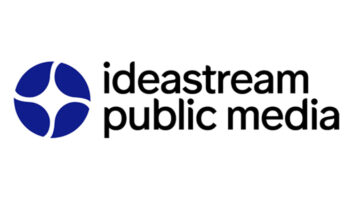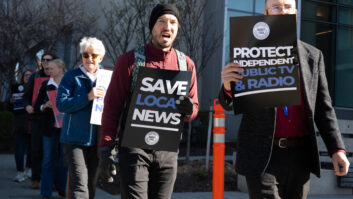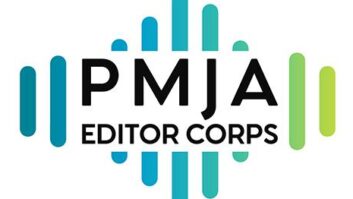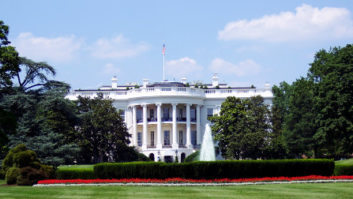Yesterday, we reported the FCC is considering an update to its contest rules. On this Election Day, it seems appropriate to report on another issue the agency is moving on — extending the obligation to post public file documents online to radio, as well as the cable and satellite industries.
Chairman Tom Wheeler has placed a Notice of Public Rulemaking to do that on circulation, so all the commissioners can vote on the proposal.
In a series of questions in the item being circulated, the commission asks for public input on how to implement the change for radio, according to an FCC official, such as whether and how to phase-in the new obligation or if certain stations should be exempt. For TV, the agency at first required stations in the top 50 markets to comply and since 2012, all TV stations are required to upload their public file documents to the FCC-hosted website.
We’ve reported many station owners have told the FCC they have limited access to the Internet, and provisions should be made for those stations; the commission asks in the NPRM if certain stations, such as these, should have more time to comply, the official tells Radio World.
NAB and numerous radio owners have told the agency if the law is changed, the FCC should first beef up its IT infrastructure, in order to handle the additional documents. Asked about that, the official said the commission is looking into those requirements in-house.
The impetus for the change is to provide more transparency to funding for political ads. Three advocacy groups, the Campaign Legal Center, Common Cause and the Sunlight Foundation had urged the agency to extend the online obligations to cable and satellite; the FCC itself had always intended to include radio, according to the official. “In 2012, we said we’d look at radio and cable later. This seemed the right time to do that,” according to the official.
Stations have told the agency the new obligations would be an expense and a burden; the official said the commission is trying to avoid that in crafting the new rules.
Though the timing is uncertain, if passed, the online obligations could be in place for radio by the 2016 election cycle.

